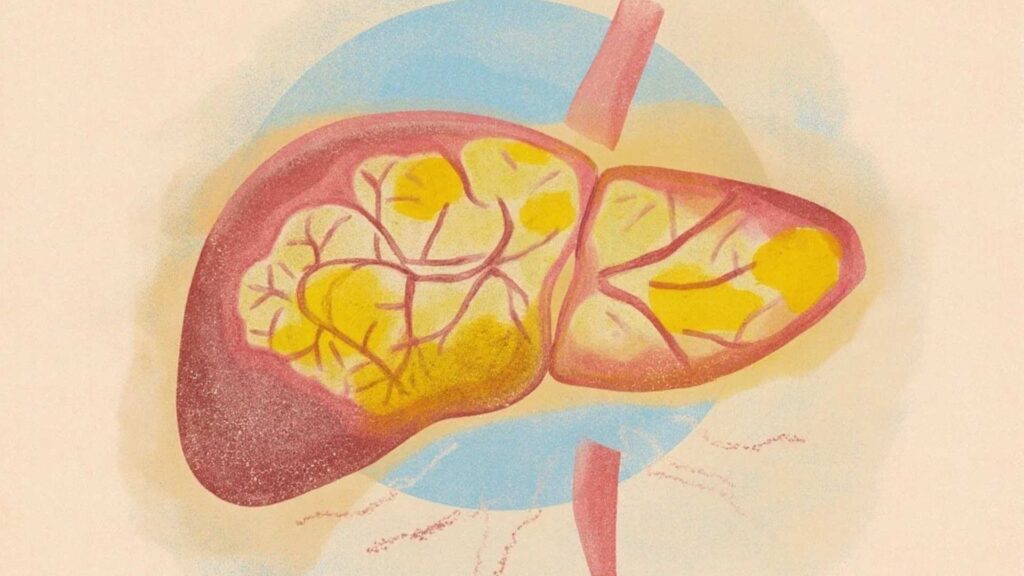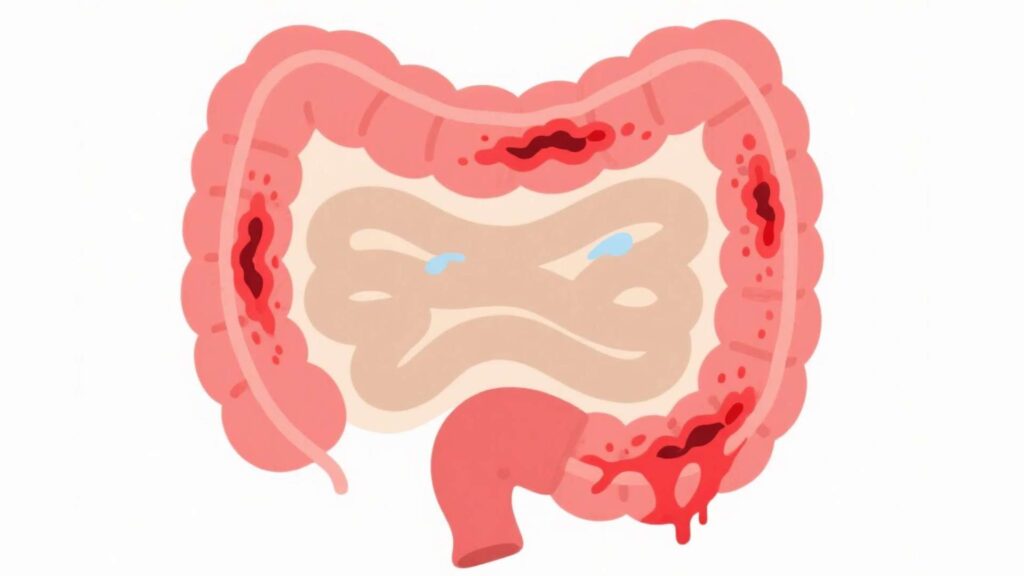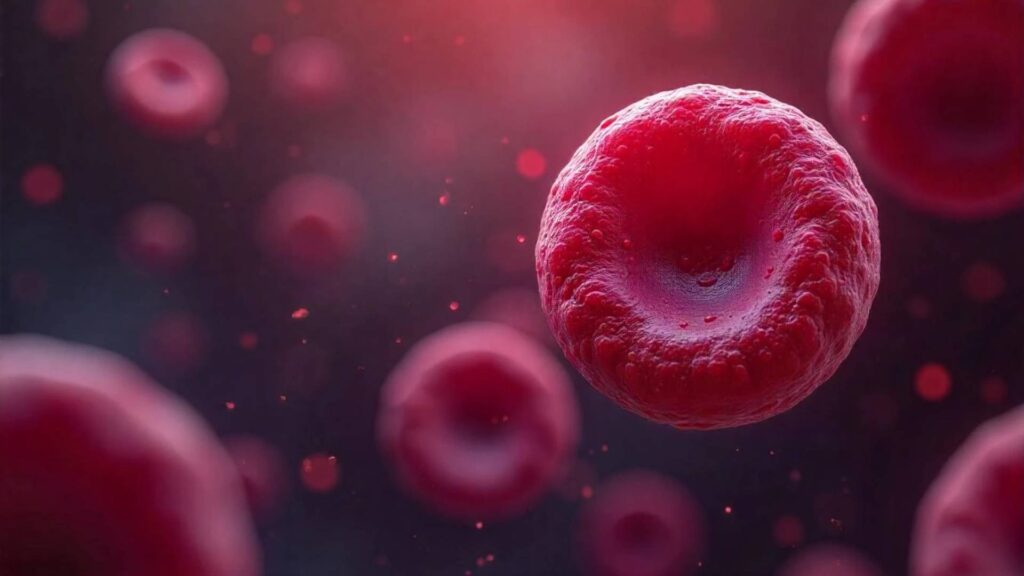Hepatitis means inflammation of the liver. In Autoimmune hepatitis, inflammation and damage to liver cells happen when immune cells attack liver tissues. It is a chronically progressive disease, often linked with other autoimmune conditions.
This disease affects women more than men by a ratio of 4:1, irrespective of ethnicity.
Symptoms of Autoimmune Hepatitis
Early symptoms of autoimmune hepatitis include:
- Skin rashes and acne
- Fatigue and tiredness
- Swelling and pain in the abdomen
- Joint pain
Symptoms of late autoimmune hepatitis include:
- Yellowing of skin and eye whites, commonly known as jaundice
- Dark brown urine
- Loss of appetite
- Easy bleeding and bruising
- Itchy skin
- Edema (fluid buildup in the body)
- Drowsiness
How is Autoimmune Hepatitis Diagnosed?
Symptoms of autoimmune hepatitis could be similar to other diseases. A health professional may suggest the following diagnostic tests:
- Comprehensive metabolic panel
- Liver function tests
- MRI
- Ultrasound
- Liver biopsy
Types of Autoimmune Hepatitis
Autoimmune hepatitis can be classified as type 1 which mostly affects adults with 80% prevalence. It is often co-diagnosed with other autoimmune conditions like rheumatoid arthritis, ulcerative colitis, type 1 diabetes, hemolytic anemia, and celiac disease. Type 2 autoimmune hepatitis affects young people and children. Some medicines can also trigger the autoimmune hepatitis.
Treatments for Autoimmune Hepatitis
Like other autoimmune diseases, autoimmune hepatitis is treated using corticosteroids and immune suppressant medications. It works best when treated early. Sometimes it might take a few months to years for autoimmune hepatitis to go into remission. If the liver is severely damaged, it may require a liver transplant. The disease can also go into remission without any medication in a few cases.



